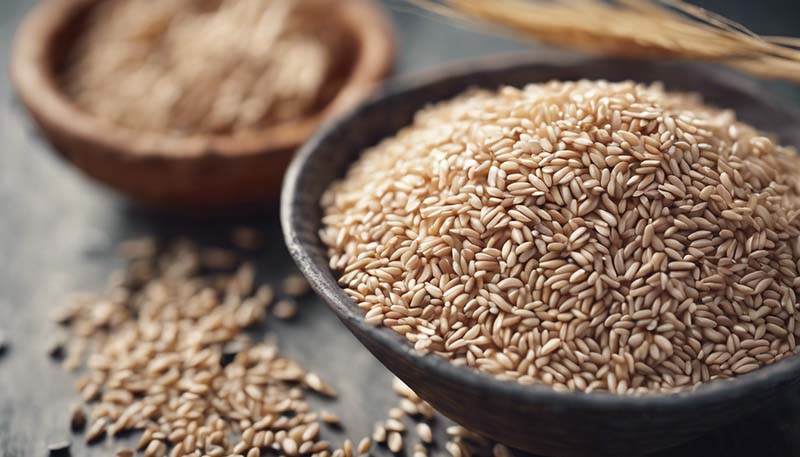The Role of Protein in a Balanced Diet
Protein is an essential macronutrient that plays a crucial role in maintaining and building muscle mass, supporting immune function, and aiding in various physiological processes within the body. This article delves into the importance of protein in a balanced diet, the recommended daily intake, the sources of protein, and how it contributes to overall health and well-being.
Why Protein is Important
Protein is made up of amino acids, which are the building blocks of our body's tissues. They are vital for:
- Muscle Growth and Repair: Protein provides the necessary amino acids to build and repair tissues, including muscles.
- Enzyme Production: Enzymes are proteins that catalyze biochemical reactions in the body.
- Hormone Synthesis: Hormones such as insulin are proteins that regulate various bodily functions.
- Immune Function: Proteins are a key component of antibodies, which help fight off infections.
- Cell Signaling: Proteins are involved in the communication between cells.
Recommended Daily Intake of Protein
The recommended dietary allowance (RDA) for protein varies depending on age, sex, and activity level. On average, it is suggested that adults consume 0.8 grams of protein per kilogram of body weight daily.
Protein Sources
Protein can be found in a variety of foods, including:
- Animal Sources: Meat, poultry, fish, eggs, and dairy products are complete protein sources, meaning they contain all nine essential amino acids.
- Plant Sources: Legumes, nuts, seeds, and whole grains are also rich in protein but may not contain all essential amino acids. Combining different plant-based protein sources can help ensure you get a complete amino acid profile.
Types of Protein
There are two main types of protein: complete and incomplete.
- Complete Protein: Contains all nine essential amino acids. Examples include animal proteins and some plant proteins like quinoa and soy.
- Incomplete Protein: Lacking one or more essential amino acids. Examples include grains, legumes, and nuts.
Protein and Health
Consuming an adequate amount of protein is associated with various health benefits:
- Weight Management: Protein can increase feelings of fullness, reducing overall calorie intake.
- Muscle Preservation: Adequate protein intake is crucial for maintaining muscle mass as we age.
- Bone Health: Some proteins, particularly those rich in the amino acid lysine, may contribute to bone health.
- Heart Health: Plant-based proteins have been linked to a reduced risk of heart disease.
Risks of Excessive Protein Intake
While protein is essential, consuming too much can lead to health issues:
- Kidney Stress: Excessive protein intake can put a strain on the kidneys.
- Bone Loss: High protein diets, particularly those high in animal protein, may lead to calcium loss and weakened bones.
- Cardiovascular Risks: Animal proteins, especially processed meats, can increase the risk of heart disease.
Conclusion
Protein is a vital component of a balanced diet, but it's important to consume it in moderation and in combination with other nutrients for optimal health. A varied diet that includes both animal and plant sources of protein can help ensure you meet your nutritional needs without exceeding the recommended intake.
Further Reading
- USDA Dietary Guidelines: Offers guidelines on daily nutrient intake.
- World Health Organization (WHO) Recommendations: Provides global standards for healthy nutrition.
- Nutrition Journals: Peer-reviewed journals for the latest research on protein and diet.
References
For a comprehensive list of references and further information, please consult reputable medical and nutritional sources such as the American Dietetic Association, the National Institutes of Health, or the Mayo Clinic.






























Join the discussion